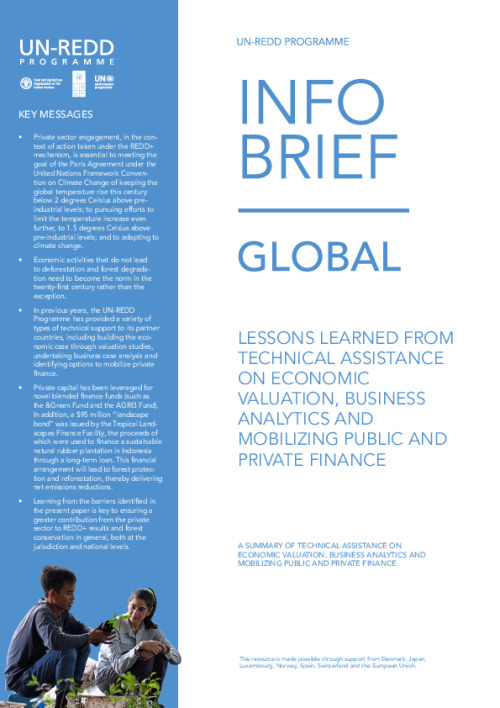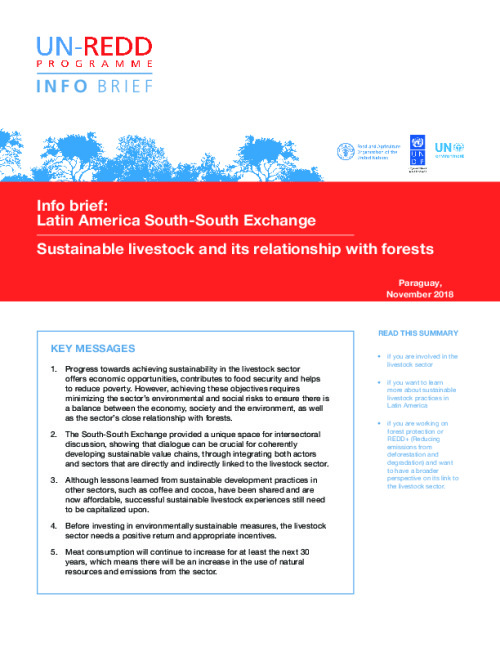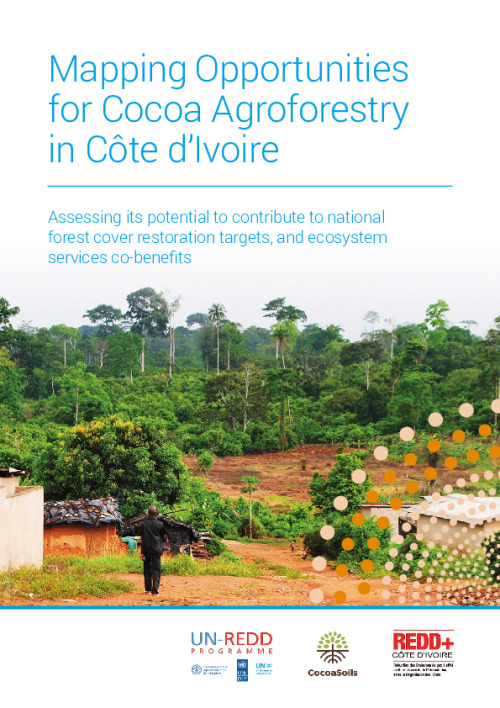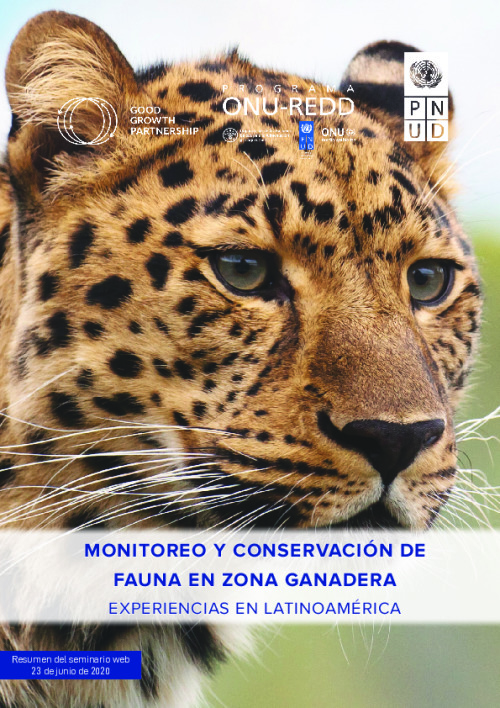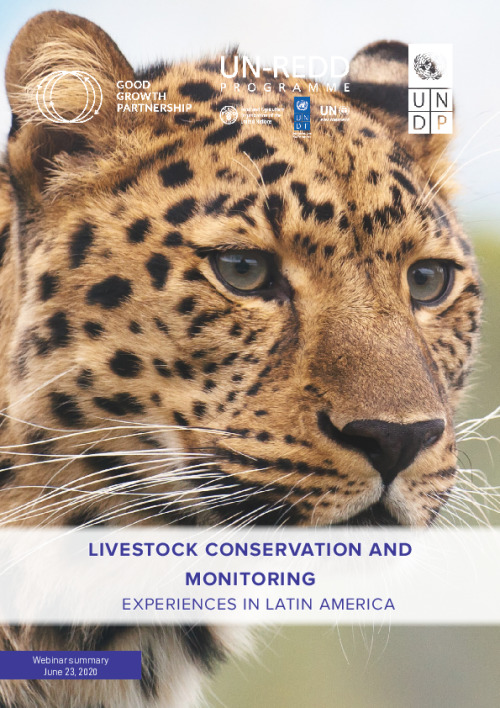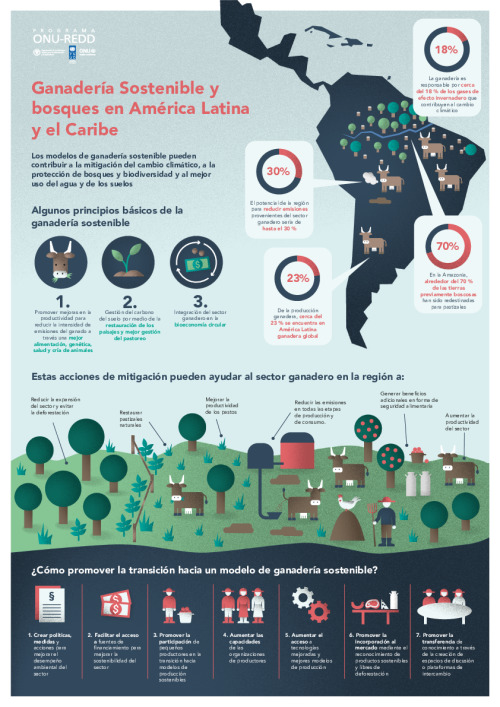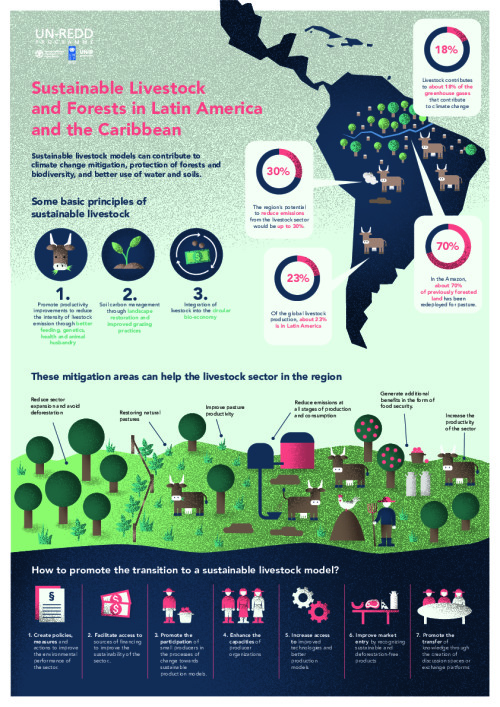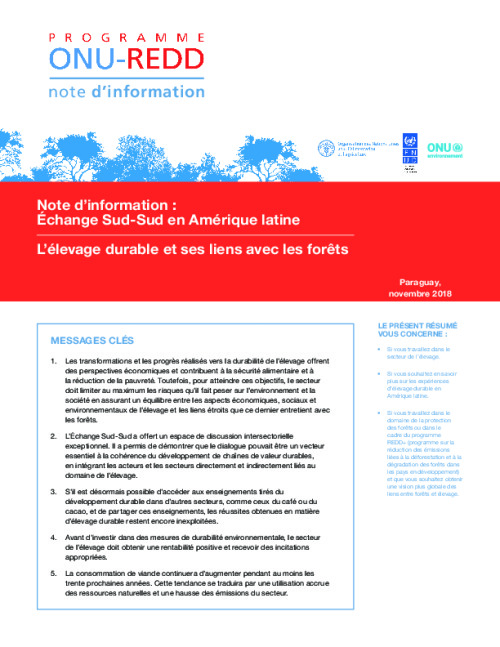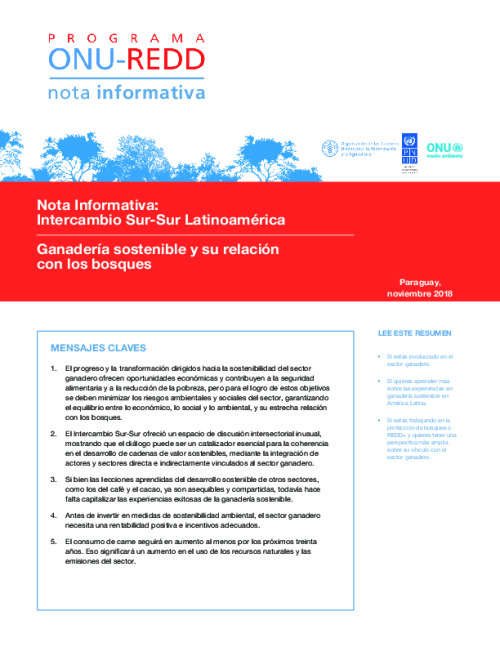Ecuador Premium & Sustainable
In Ecuador, the PROAmazonia investment programme is advancing an “Ecuador Premium & Sustainable” strategy with technical assistance from UN-REDD that revolves around five main pillars, including the promotion of modern cooperatives, empowerment of rural women and youth, production of legal, sustainable and forest positive commodities, quality and traceability, productivity, and zero rural poverty.

